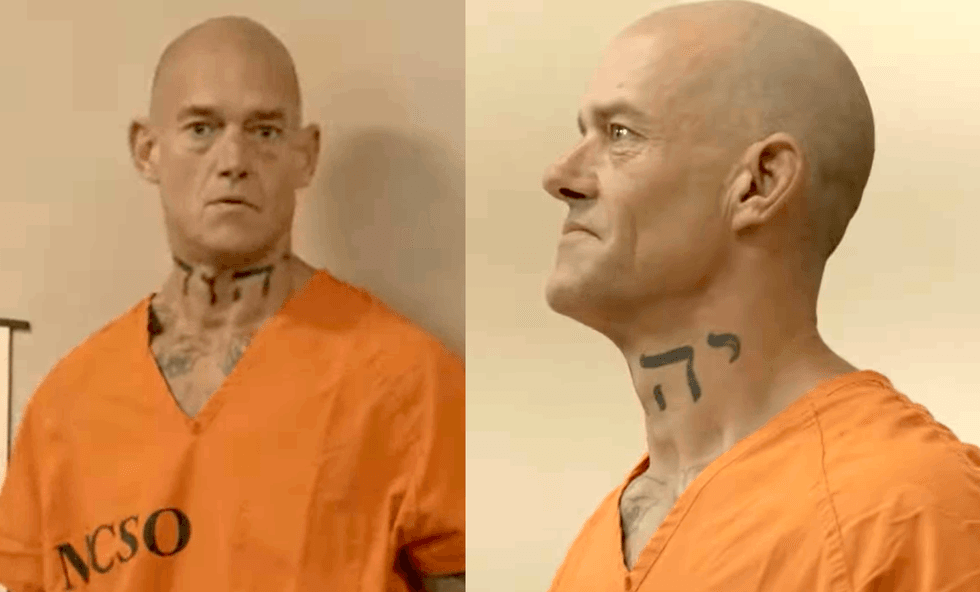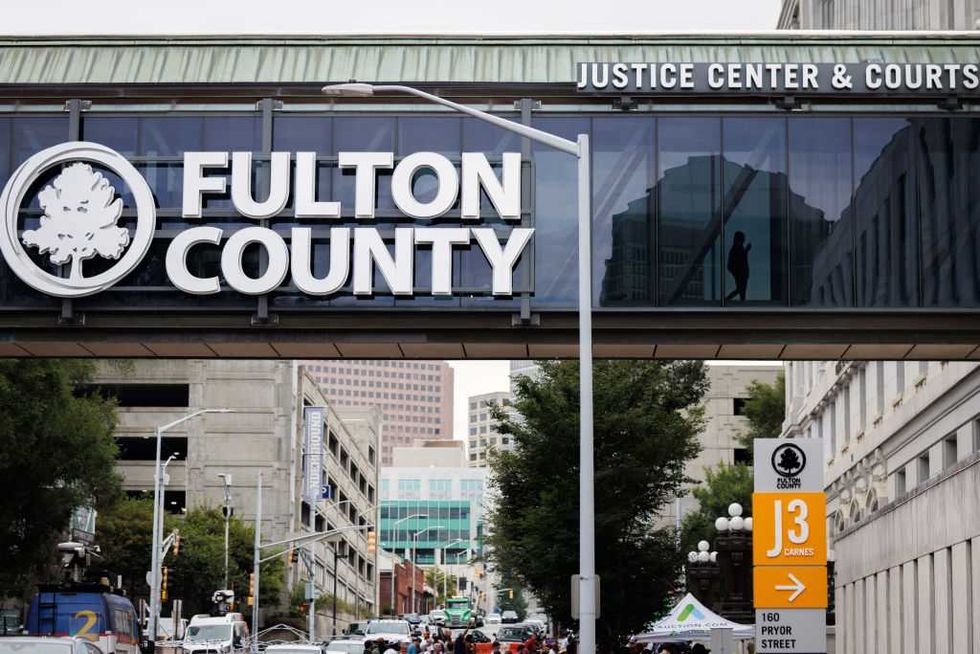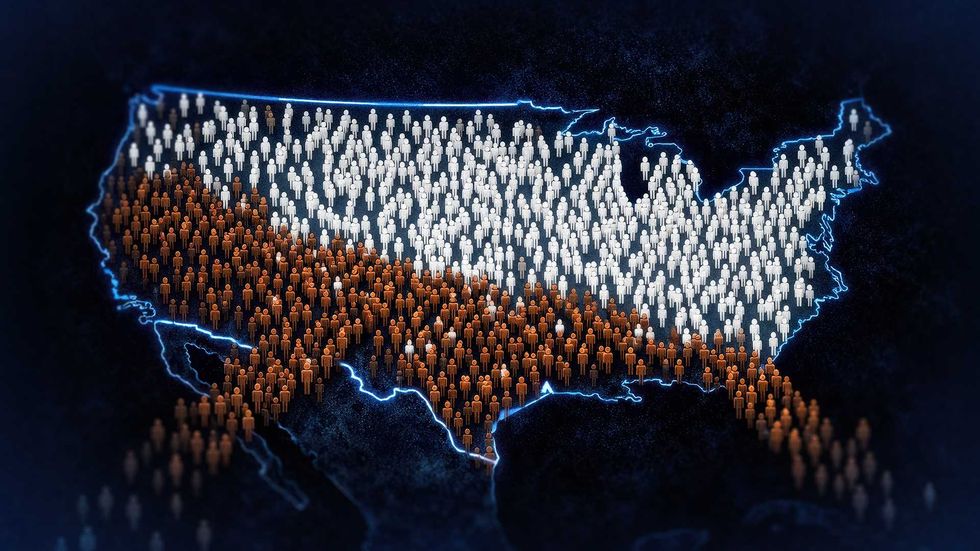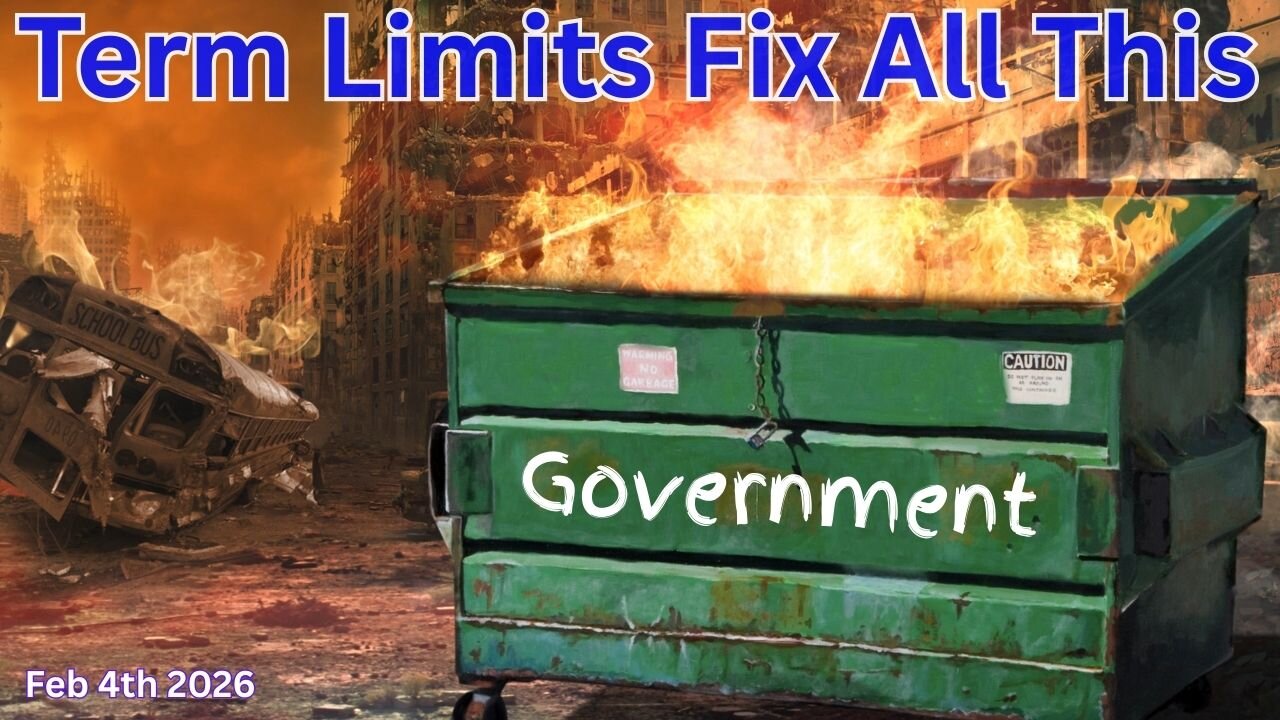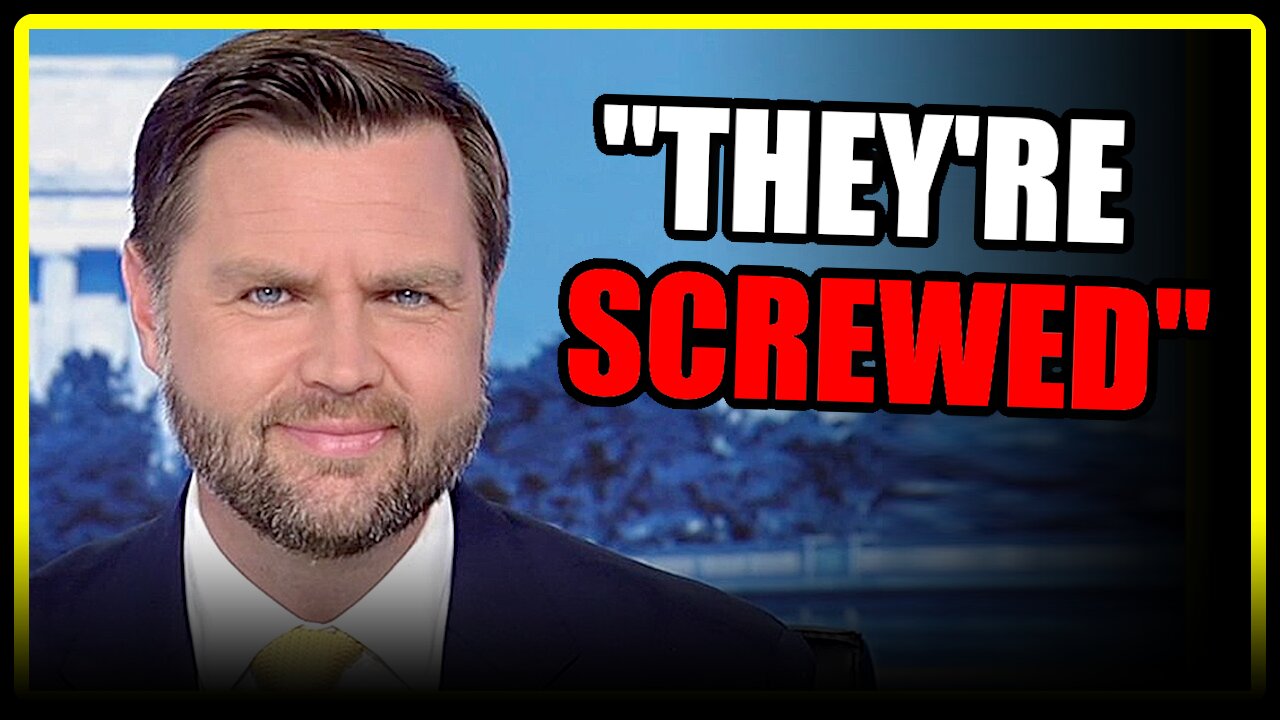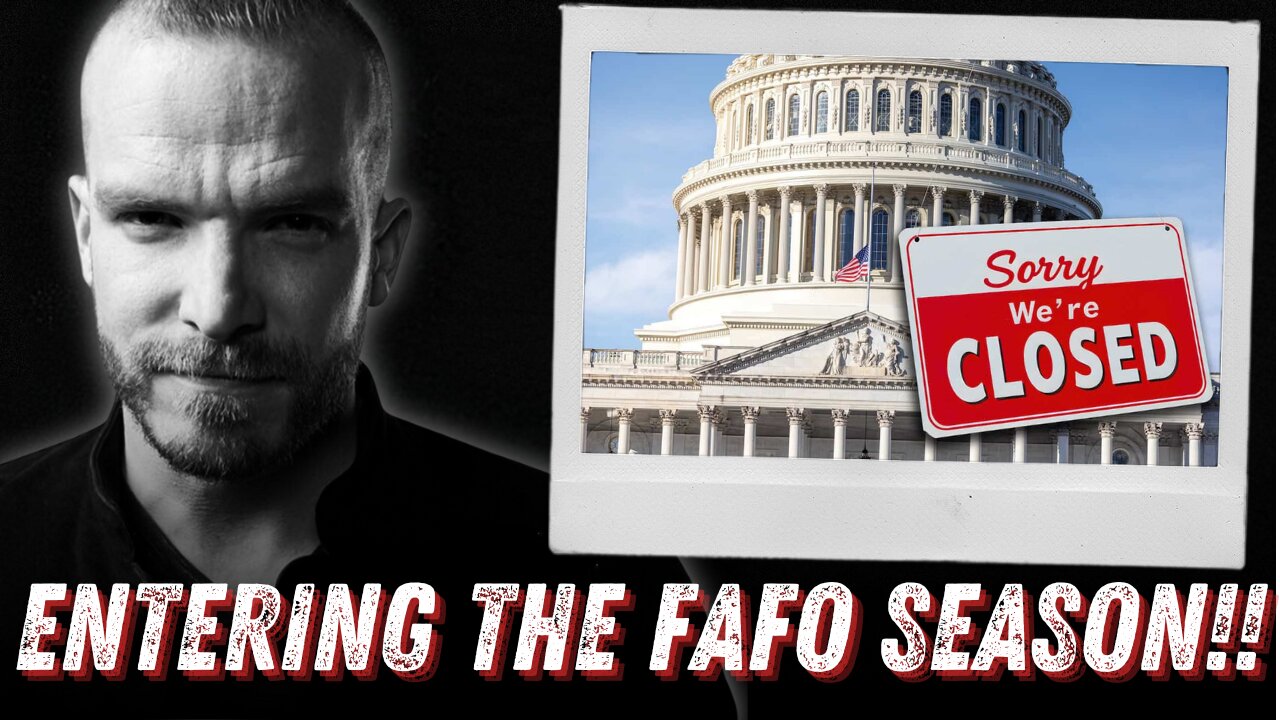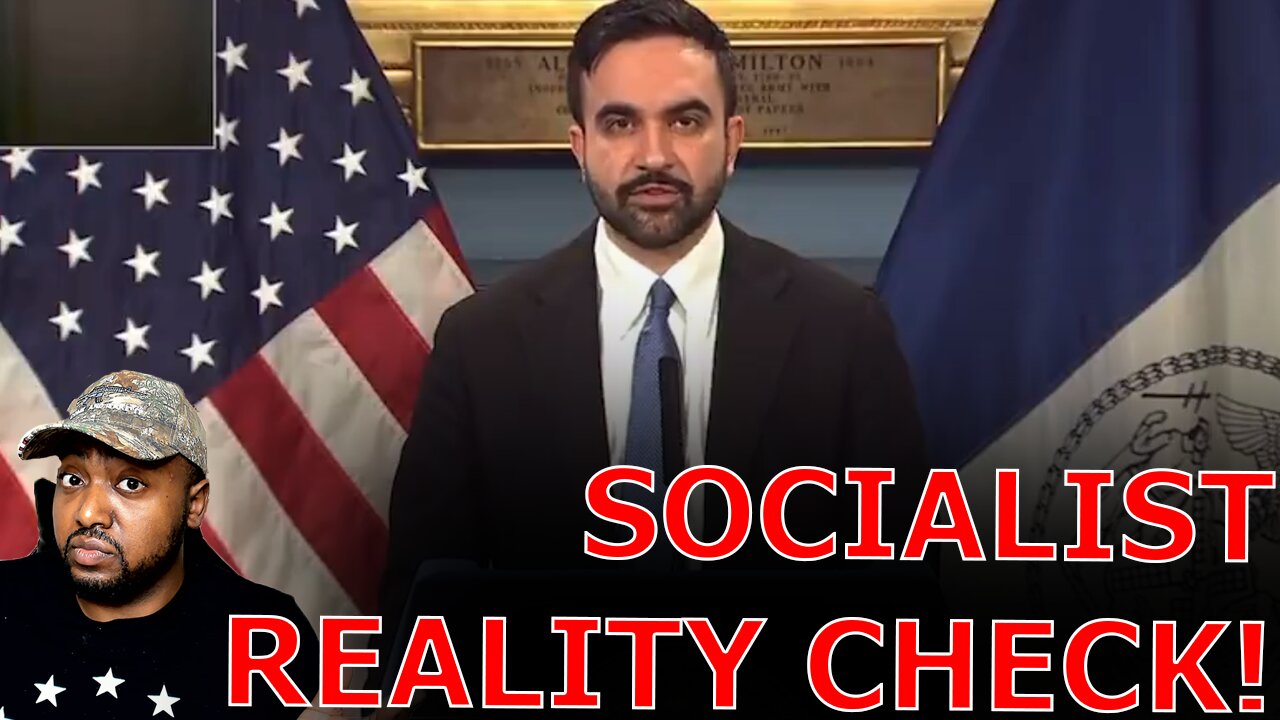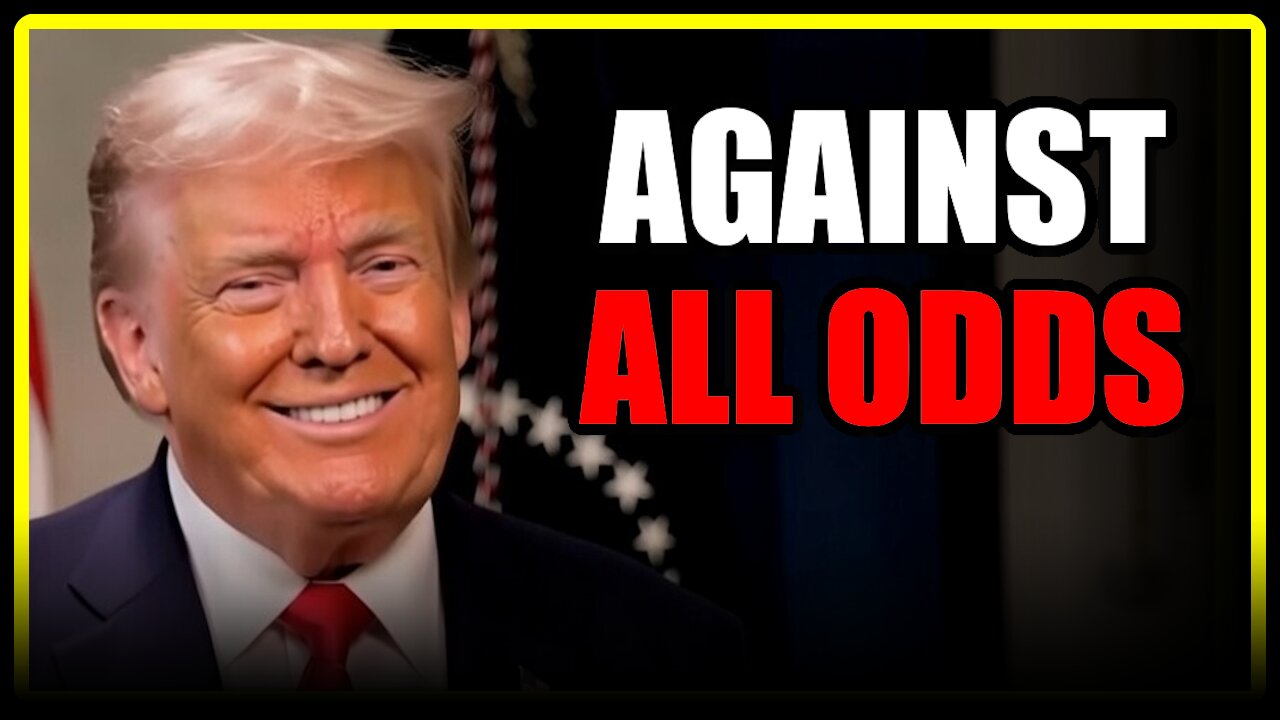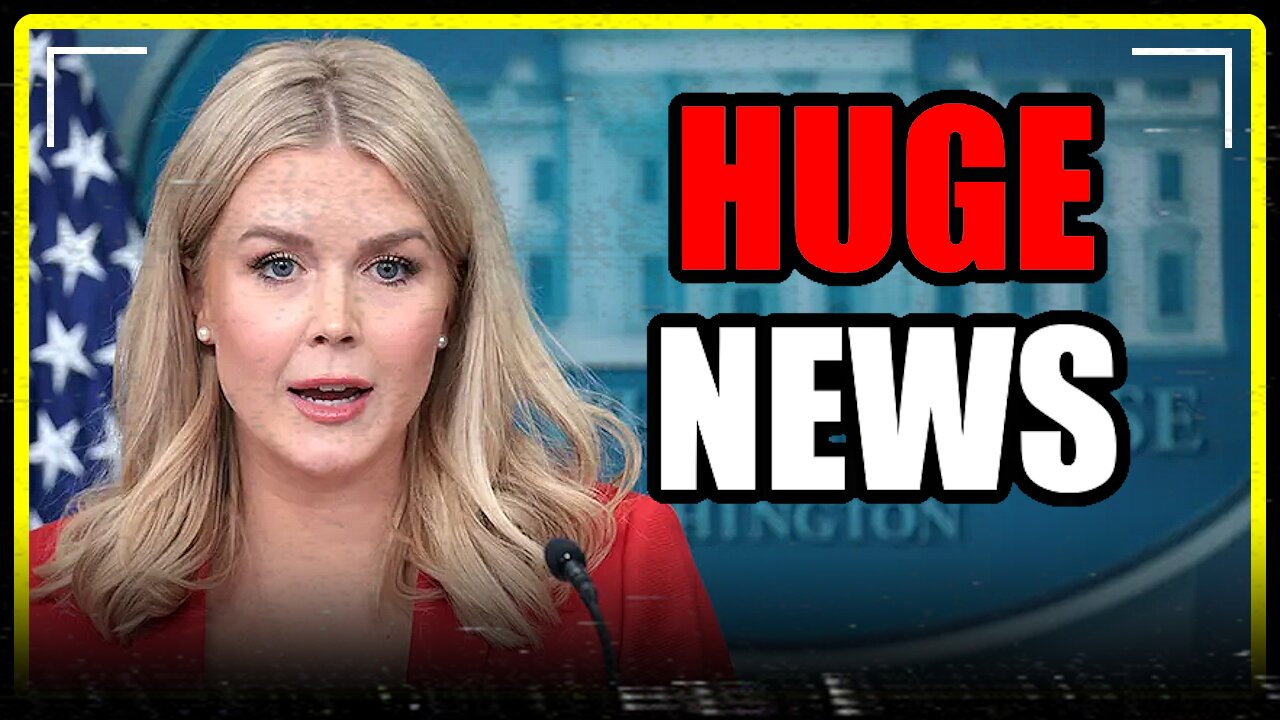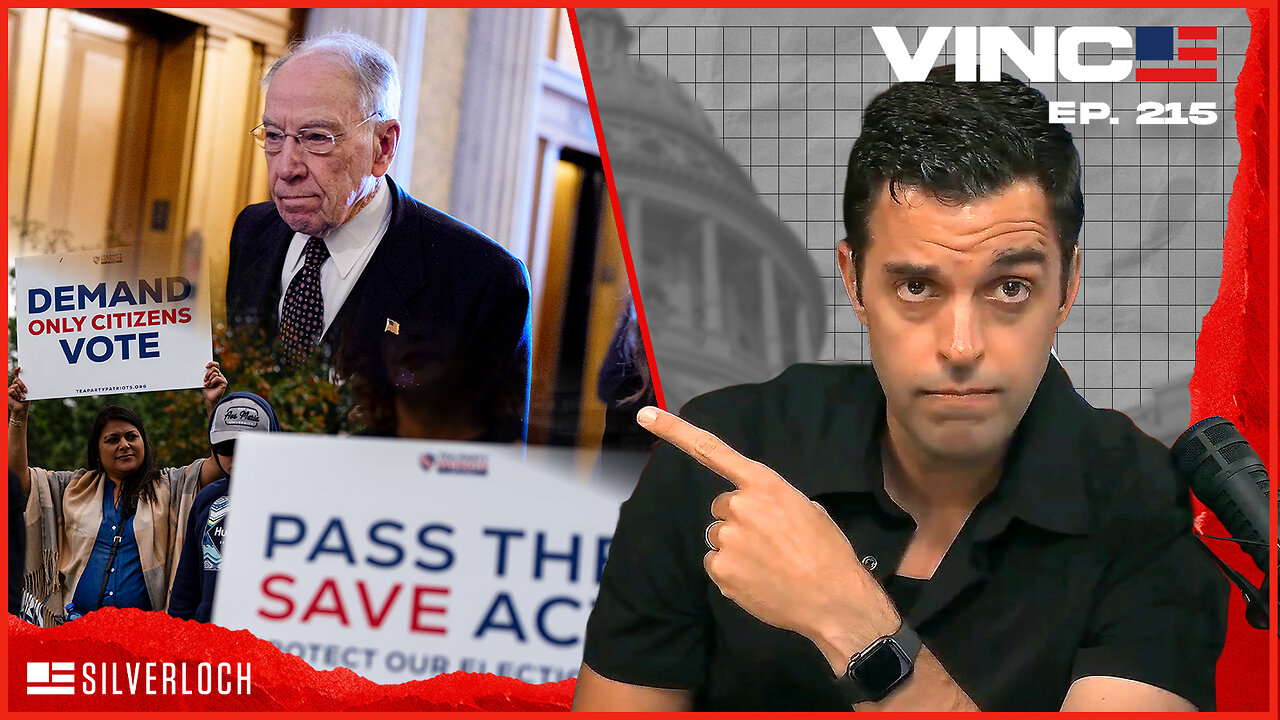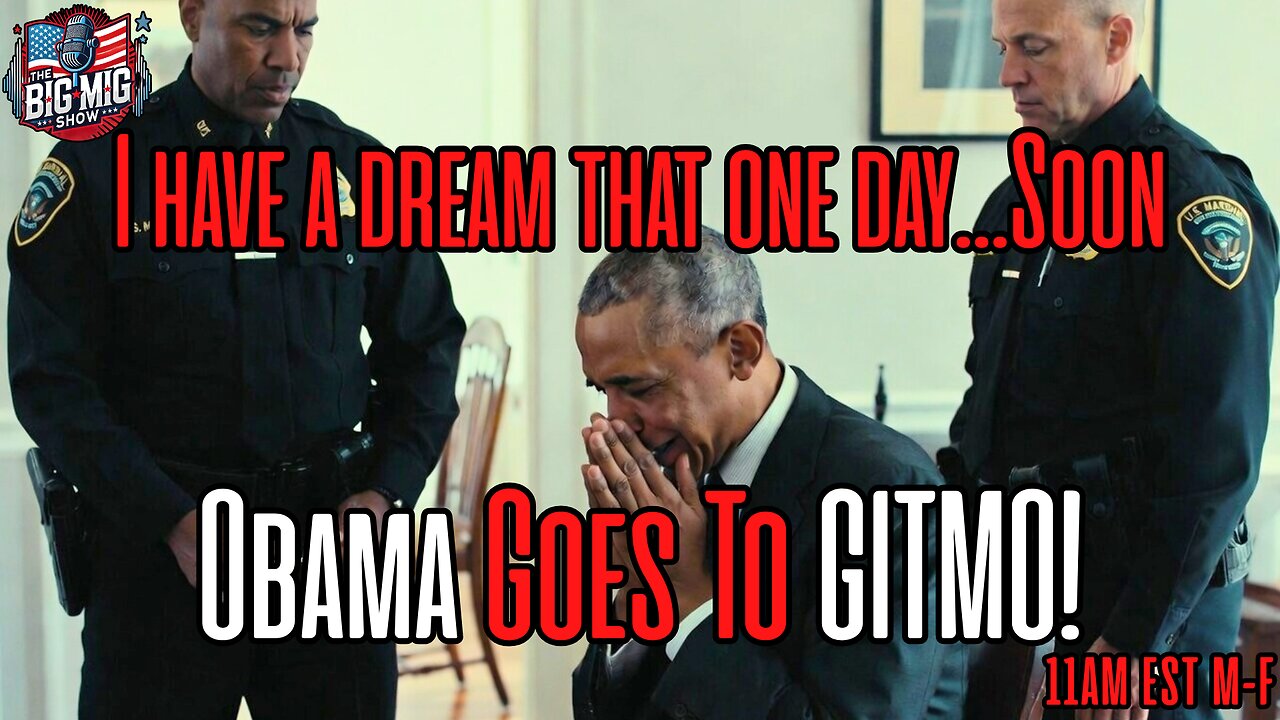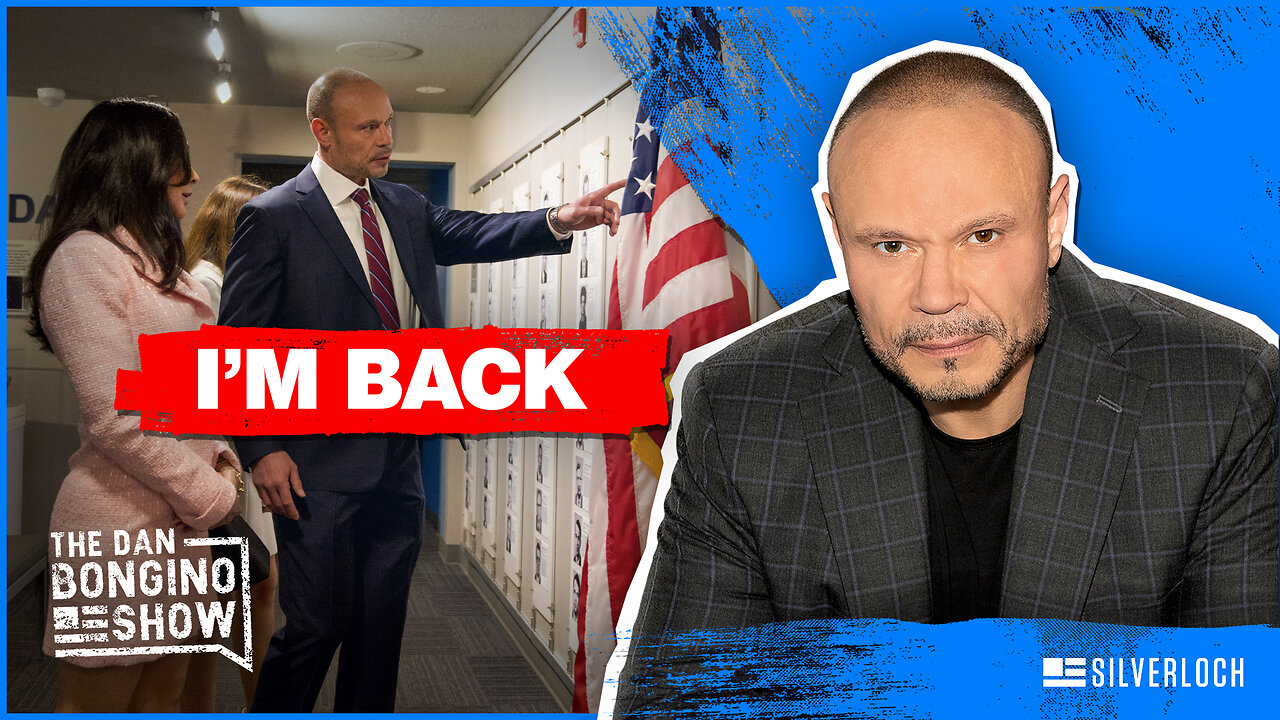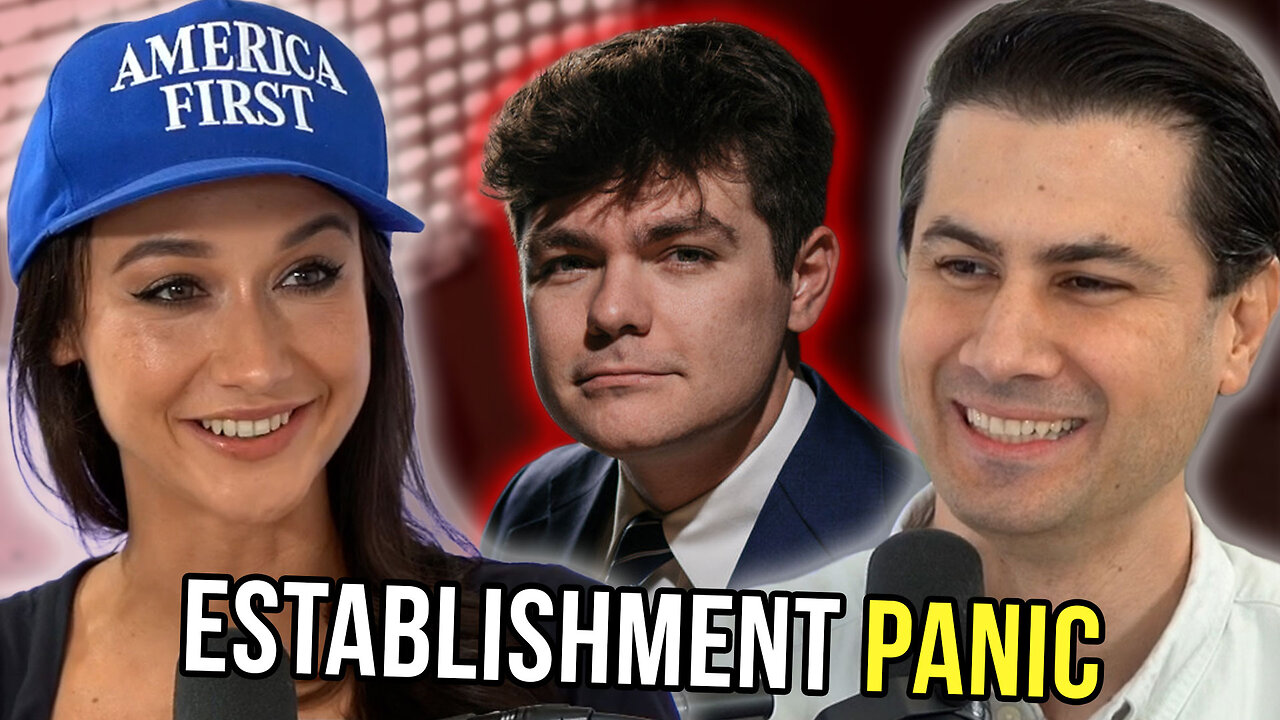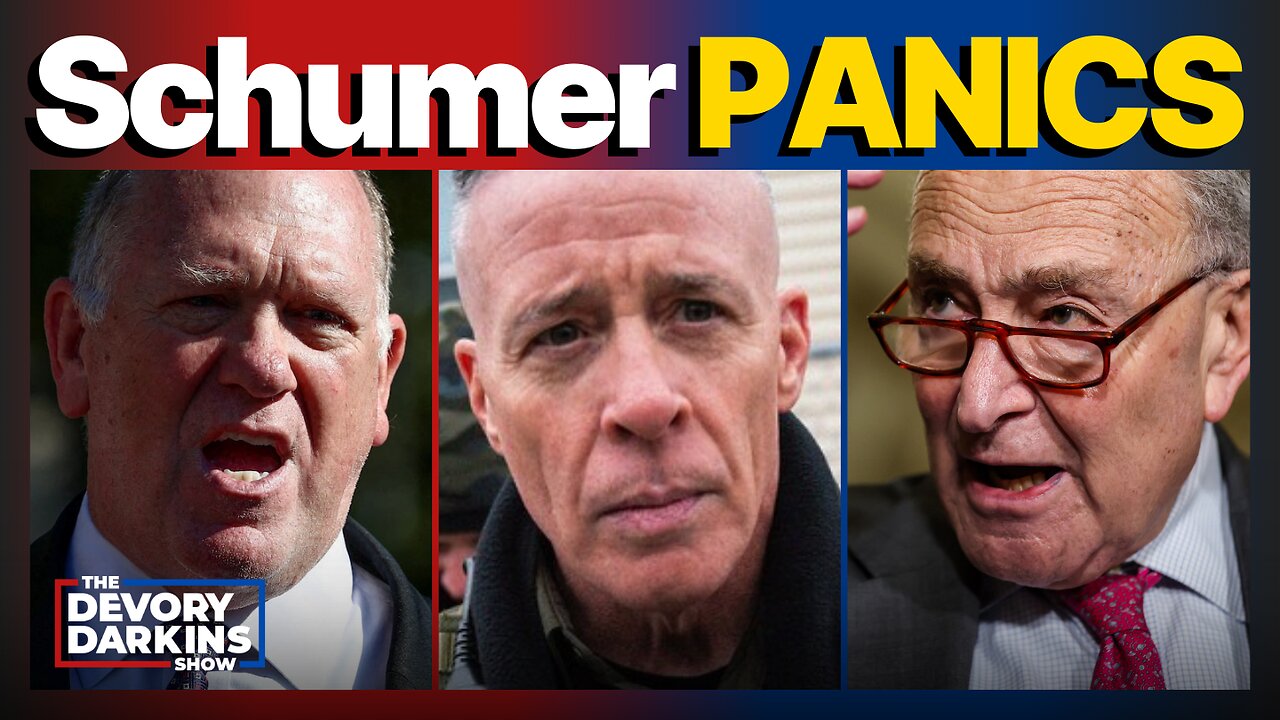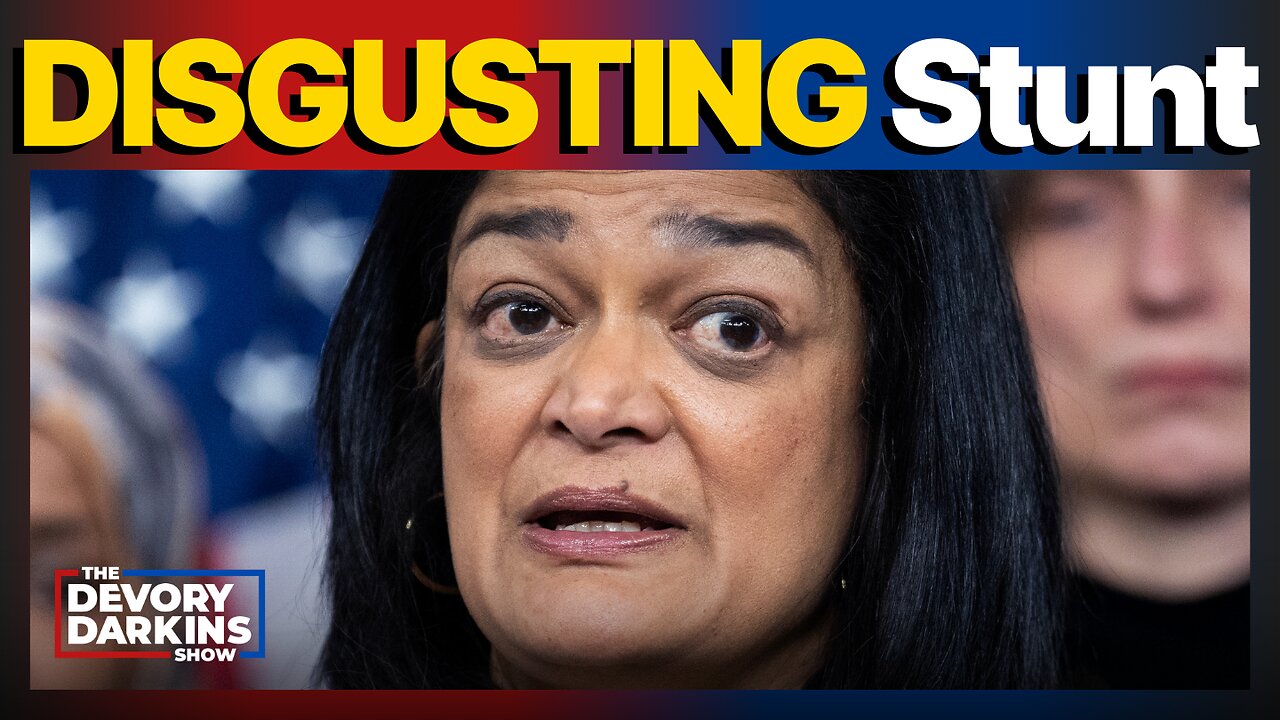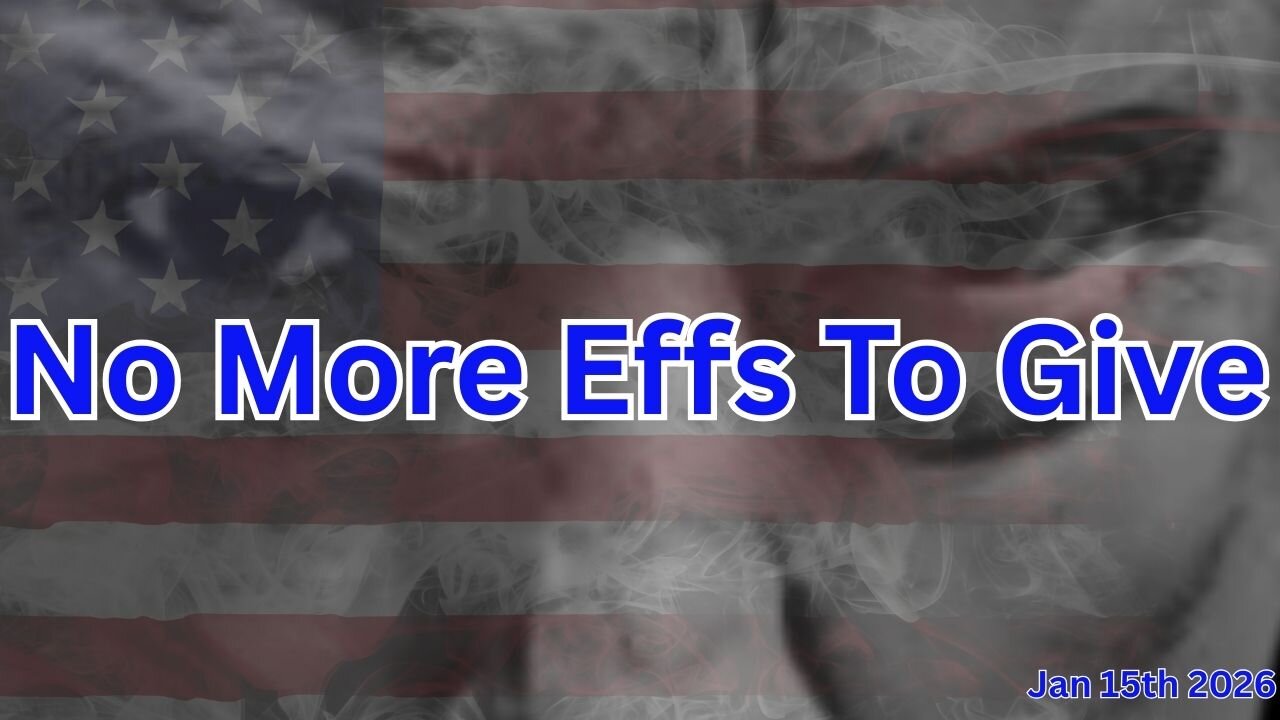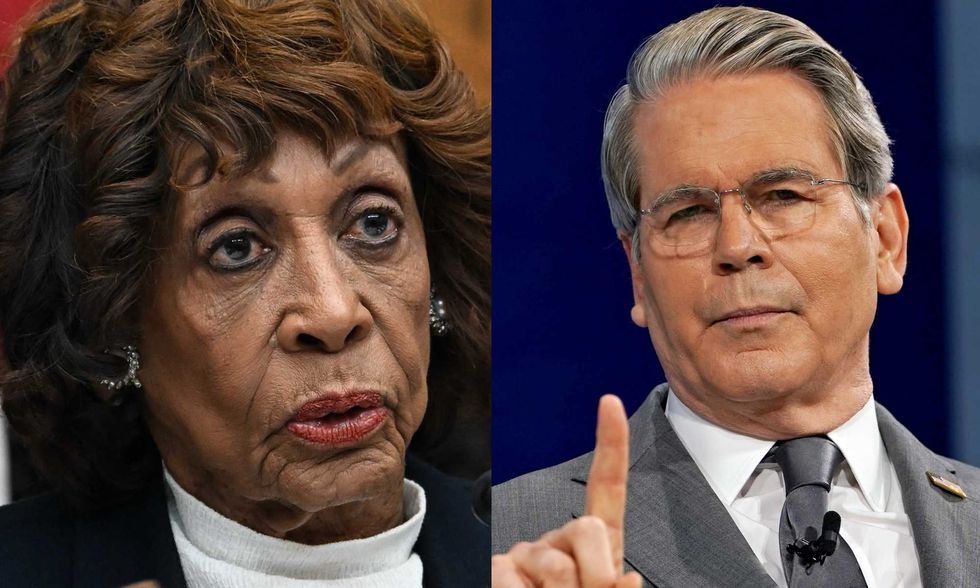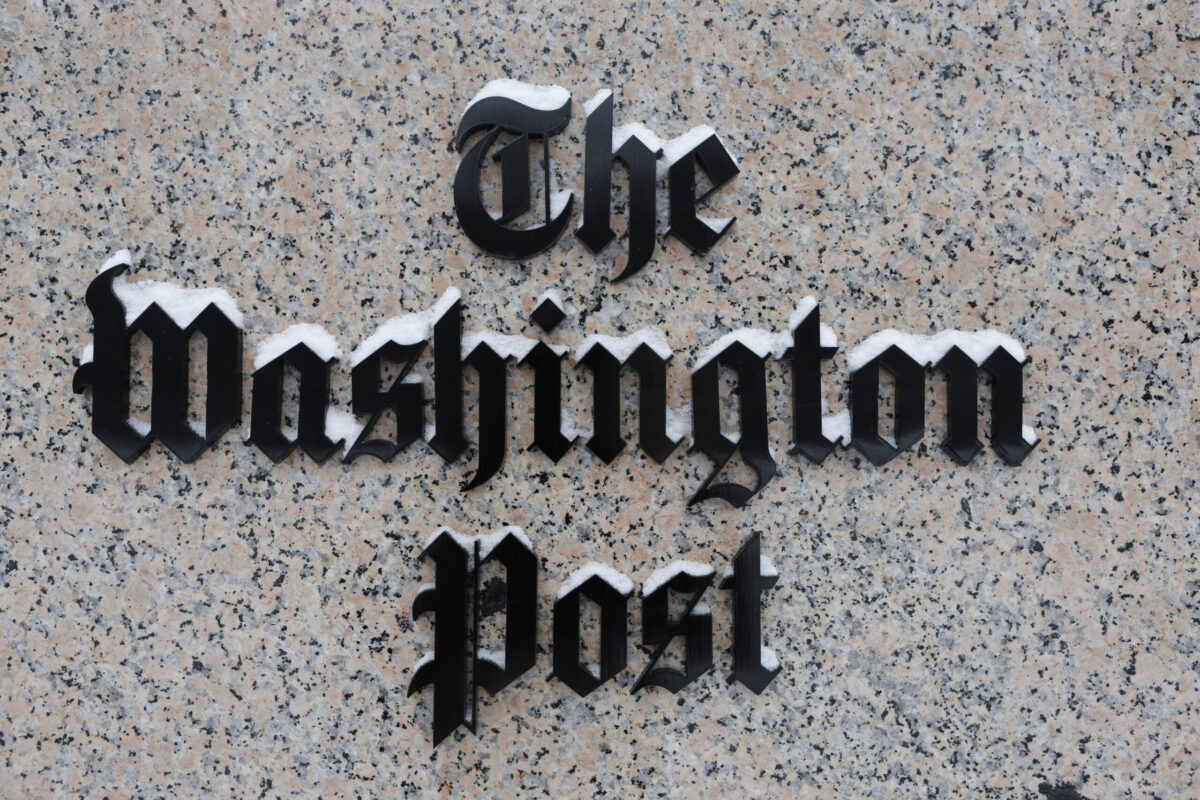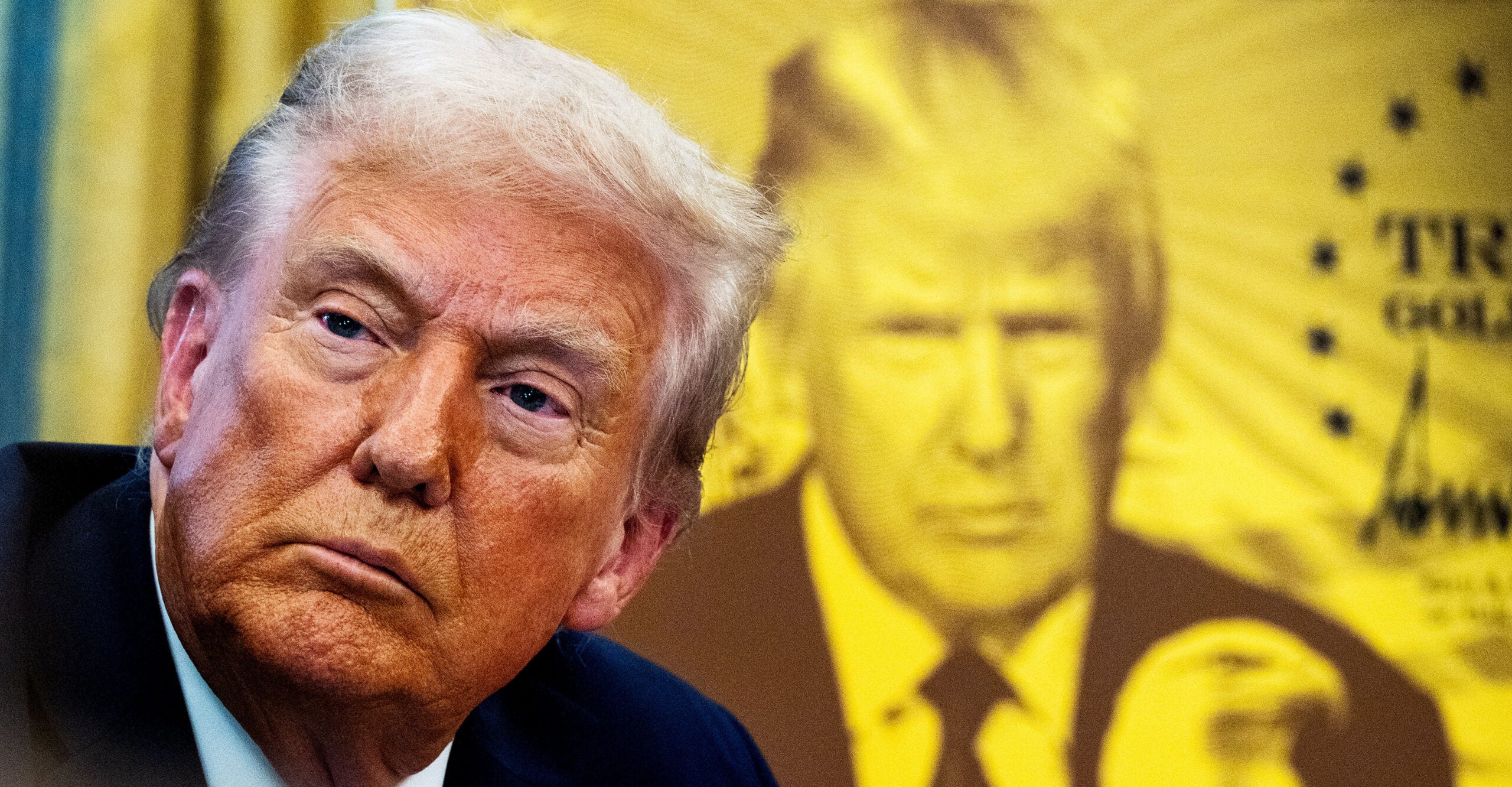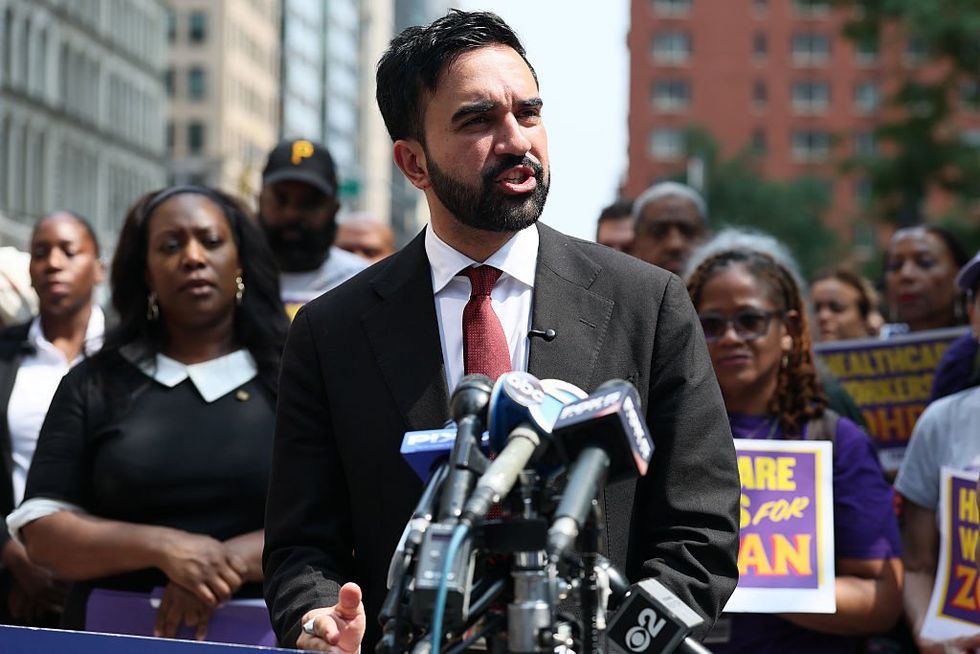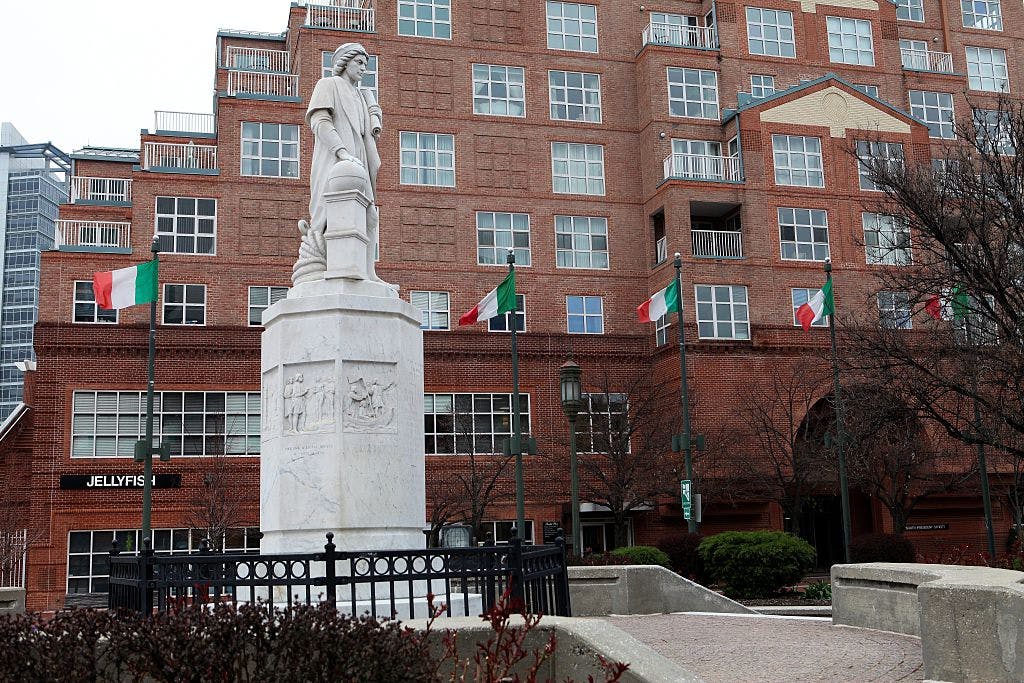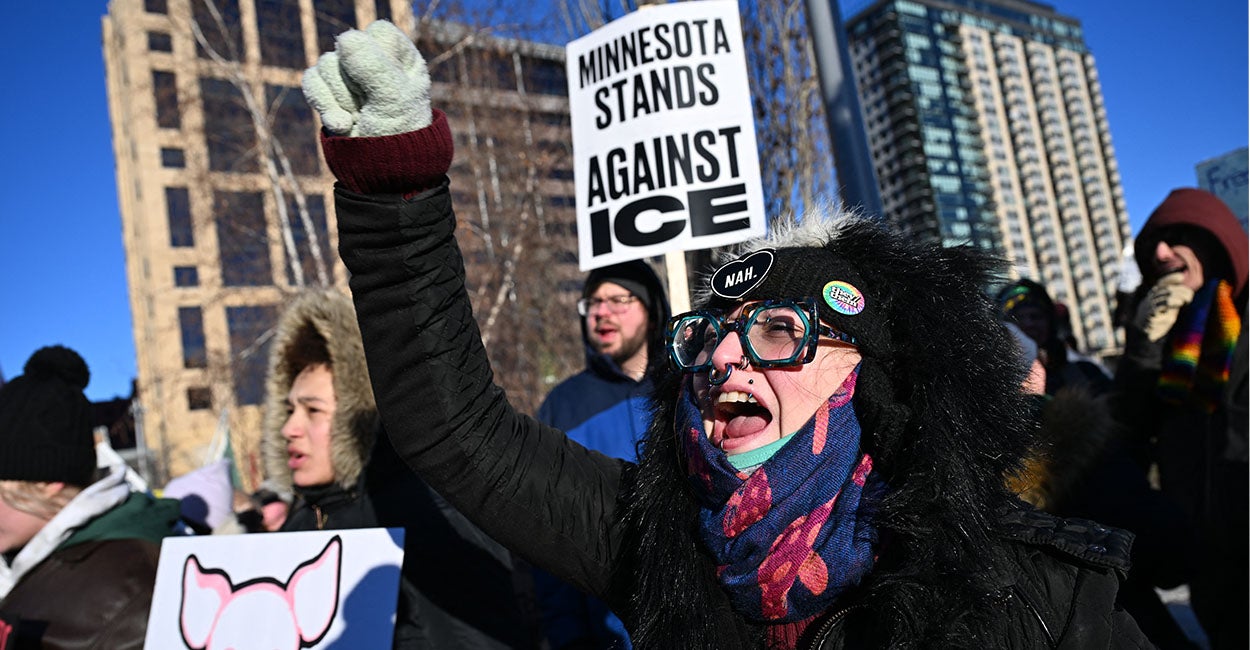Conservative Justices Wrestle with Distinction Between Presidential and Bureaucratic Authority

Justice Brett Kavanaugh may seem like part of the Supreme Court’s conservative wing—but in reality, he sits very near its center. In June, he joined a six-justice majority, including the three liberals, to uphold a federal telecoms project known as the Universal Service Program against a challenge that it operated as a tax imposed by an agency rather than Congress.
Live Your Best Retirement
Fun • Funds • Fitness • Freedom
That Kavanaugh joined this heterodox majority is not shocking. He was in the majority in 92% of cases this past term, surpassed in that regard only by the chief.
But here, he wrote separately to explain why one of the administrative state’s most expansive and expensive boondoggles is, in his estimation, constitutional. His explanation highlights the tension among legal conservatives over executive and bureaucratic power, even if it does less to resolve that tension than he might hope.
Lately, the administrative state’s antagonists have been on a winning streak at the Supreme Court. They’ve convinced the justices to reject the Environmental Protection Agency’s Clean Power Plan, to rebuff the use of agency authority to impose vaccine mandates and cancel student loans, and, perhaps most notably, to end the decades-long practice of judicial deference to agencies’ legal interpretations (once known as the Chevron Doctrine).
That record makes the failed challenge to the Universal Service Program somewhat striking.
Opponents contended that to fund the program, which spends billions annually providing communications services to rural and low-income areas, Congress unlawfully delegated its taxing power to the Federal Communication Commission. That argument succeeded at the Fifth Circuit Court of Appeals, which declared the program unconstitutional last fall.
Yet when given the chance to affirm that ruling, the Supreme Court balked, instead voting 6-3 to uphold the program as constitutional.
Although it fit within the genre of anti-administrative-state cases, the case against the FCC faced longer odds than the victories listed above. It relied on a legal theory called the nondelegation doctrine, which the Supreme Court had not used to strike down an act of Congress since 1935.
The nondelegation doctrine simply holds that one branch may not exercise a power given by the Constitution to another branch. Thus, the executive branch may not exercise Congress’s Article I legislative authority, which includes the power to tax.
The court has never repudiated the nondelegation doctrine’s basic separation-of-powers understanding, but, fearful that judges might intrude on the president’s constitutional discretion to execute laws, it has effectively declined to enforce it. Thus, for nearly 90 years, the court has held that Congress need only give the executive branch an intelligible principle to guide its discretion.
Given that standard, and the remarkably precatory language that can satisfy it, Justice Kagan had no problem writing a majority opinion which concluded that Congress gave the FCC adequate guidance by directing the commission to raise an amount “sufficient” to provide the requisite communications services.
If Kagan did the necessary work, what did Kavanaugh add?
His solo concurrence is written for an audience that has been awaiting a reinvigorated nondelegation doctrine and probably expected Kavanaugh’s help.
In 2019, Kavanaugh signaled openness to Justice Gorsuch’s proposal for reviving the nondelegation doctrine. But when the opportunity came, Kavanaugh demurred, leaving Gorsuch dissenting again.
What Kavanaugh offered to explain the change of heart was a view of government and executive power more functionalist than theoretical. Congress must write legislation that is adaptable to “complex conditions involving a host of details” that Congress cannot know in advance.
According to Kavanaugh, the impossibility of exact foreknowledge requires that the executive branch and its agents have leeway to execute the laws as best suits the circumstances. And when courts confront challenges to executive discretion, distinguishing between the permissible and impermissible instances becomes a question of degree, not of clear constitutional line-drawing.
Listen closely and you will hear in Kavanaugh’s concurrence the echoes of Kagan’s unsuccessful defense of judicial deference to agencies last term in Loper Bright, the decision that supposedly ended the practice. Kavanaugh voted with the majority in Loper Bright, but he now resurrects a version of Kagan’s deference argument to avoid applying nondelegation.
Kavanaugh hastens to reassure critics that this does not invite an “anything goes” scenario for the powers that Congress can loan to the executive.
Why? First, because the “degree of agency discretion that is acceptable varies according to the scope of the power congressionally conferred.”
Kavanaugh borrows this from an old Scalia dissent, but in this context, it seems unresponsive to the concerns he wants to address. If the problem with the nondelegation doctrine is that it mires courts in unresolvable questions of degree, then inquiring into the scope of the power conferred just seems to relocate, rather than avoid, the same difficulty.
That is just as true of his other major justification, the major questions doctrine. That doctrine holds that executive branch agencies cannot resolve questions of “vast economic and political significance” unless they can point to direct congressional authorization. It is true, as Kavanaugh indicates, that this doctrine performs some of the same work as the nondelegation doctrine by preventing executive officers from perpetually reinterpreting old legislative text to confer novel powers.
But as the doctrine’s description indicates, the lines judges must draw to divide questions major from questions minor are hardly crystalline, and the court’s answers thus far have varied considerably. Matters of national policy are seldom low-cost, small-bore affairs, leading to the question: is everything a major question?
Kavanaugh cites the fact that courts no longer defer to agency legal interpretations after Loper Bright as imposing another structural check. But the effects of that apparent sea change in administrative law are still in doubt. Administrative law scholar Adrian Vermeule predicts that the practical effects of Loper Bright will be muted because courts can still defer to agency application of law to particular facts, a scenario nearer to interpretive deference than it might first appear.
Vermeule cites Kavanaugh’s majority opinion in Seven County Infrastructure Coalition v. Eagle County Colorado, a case from this past term in which he overturned the decision below for failing to afford agencies the “substantial judicial deference” required by the National Environmental Policy Act.
To be sure, Seven Counties and the law at issue there might be a unique case. Still, whether judicial deference to agency choices will persist in subtler forms remains an open question.
Ultimately, the primary check that Kavanaugh envisions on excessive delegation is not judicial but political. He reminds skeptics and critics that what is often derided as “unaccountable” bureaucratic power is in fact power belonging to the president, who remains answerable to the voters.
When so-called “independent” agencies are given power by Congress, no political check exists, and courts must apply nondelegation more stringently, he says. But in the normal course of events, when executiveagencies implement programs (even long running ones spanning multiple administrations), the president has control, and the voters know who to blame.
Of course, Kavanaugh is not wrong. But the sufficiency of the political-control account answers nondelegation concerns only partially.
In her former academic life, Dean Elena Kagan wrote that there are “inherent limits on the President’s capacity to control, or even interest in controlling, much administrative action,” and “Presidents (and their staffs) do not often think enough, know enough, or care enough to impede” agency action.
If that is true of presidents, how much more so must political responsibility for agency actions remain obscure to the average voter?
The justices are right to be wary of judicial interference in the relationship between the political branches. But it is not clear that Kavanaugh’s vision of the courts’ role in that equation either serves separation of powers concerns or reduces the pitfalls of interference.
The post Conservative Justices Wrestle with Distinction Between Presidential and Bureaucratic Authority appeared first on The Daily Signal.
Originally Published at Daily Wire, Daily Signal, or The Blaze
What's Your Reaction?
 Like
0
Like
0
 Dislike
0
Dislike
0
 Love
0
Love
0
 Funny
0
Funny
0
 Angry
0
Angry
0
 Sad
0
Sad
0
 Wow
0
Wow
0
